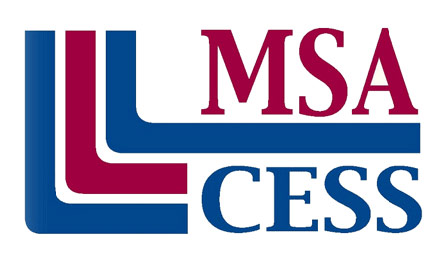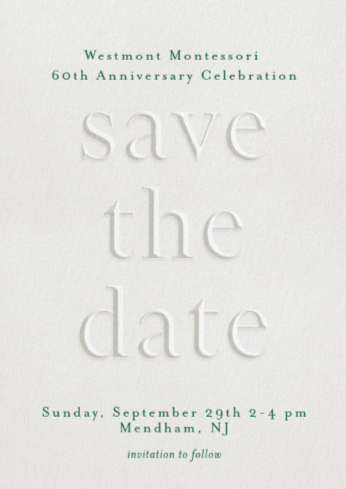Respectfully submitted by Monica Whitmore, Westmont parent
Why do cats meow? How does it snow? Why do pigs like mud? Anyone who has ever raised a toddler knows that they are innately curious. Curiosity is a quality that urges us to know more and to explore the uncertain. Preschoolers have plenty of it and that’s a good thing. Yes, it does get a bit hairy when your two-year-old asks what feels like 100 questions on the way to the grocery store, but this curiosity serves a noble purpose. It’s how kids learn.
In fact, a growing body of research shows us that children and adults alike learn and retain more once our curiosity is piqued. In an article published in Cell Press last month, researchers shared that not only do we learn better when we are curious, but it also increases our intrinsic motivation to learn in general. Moreover, an article in the Association for Psychological Science noted that curiosity, when coupled with conscientiousness, has more to do with a person’s success than intelligence.
As an educator, my feelings on curiosity have come a long way. I once considered it a descriptive word for students that had difficultly following directions and staying on task. The word had a negative connotation, until I began to learn more about how the brain functions. About six years ago, I was trained on a “new” approach in education called problem-based learning. This method broadened my horizons and taught me that exploration, discovery and choice were immensely valuable in the classroom. Why? Because when students engage in these learning formats, there is a greater chance that they will become curious and feel the need to learn.
As a Mom, I do my best to foster my children’s curiosity at home because I value and enjoy the conversations that come from a simple question like, “Mommy, why do light bulbs go out?” I know how critical the preschool years are when it comes to brain development. I am also aware that once my own children are in elementary school, their teachers’ learning objectives for the day may not match what they feel curious about. In her piece, Children’s Need to Know: Curiosity in Schools, Susan Engel explains that we don’t yet value the quality enough and she also acknowledges that curiosity needs to be promoted in schools so that it not only survives, but flourishes. My hope is that it will become increasingly important to all educators, so that the fire I see in my daughters eyes when we talk about how a building is constructed or a bird flies is always there.
So my advice to any parent who wants to foster this natural quality is to indulge a bit when your child asks a thoughtful question and find a preschool that values it as much as you do.
Sources:
Association for Psychological Science. “Curiosity is critical to academic performance.” ScienceDaily. ScienceDaily, 28 October 2011. <www.sciencedaily.com/releases/2011/10/111027150211.htm>.
Cell Press. “How curiosity changes the brain to enhance learning.” ScienceDaily. ScienceDaily, 2 October 2014. <www.sciencedaily.com/releases/2014/10/141002123631.htm>.
Harvard Educational Review. “Children’s Need to Know: Curiosity in Schools.” Academia.edu. <http://www.academia.edu/1268822/Children_s_Need_to_Know_Curiosity_in_Schools>




